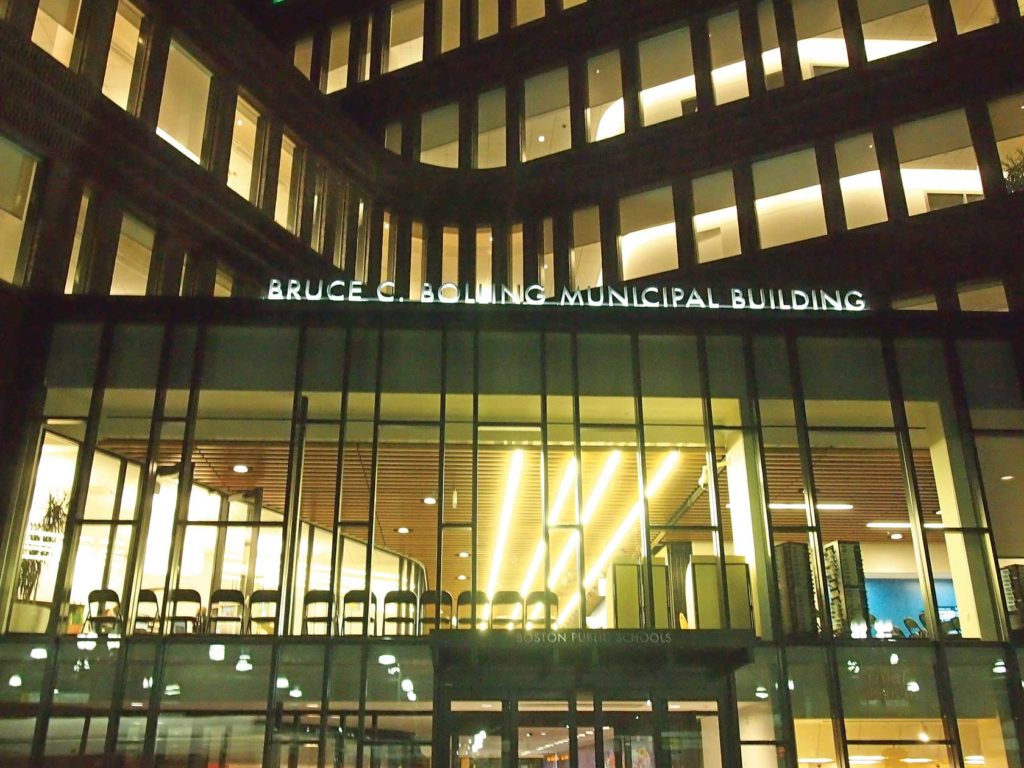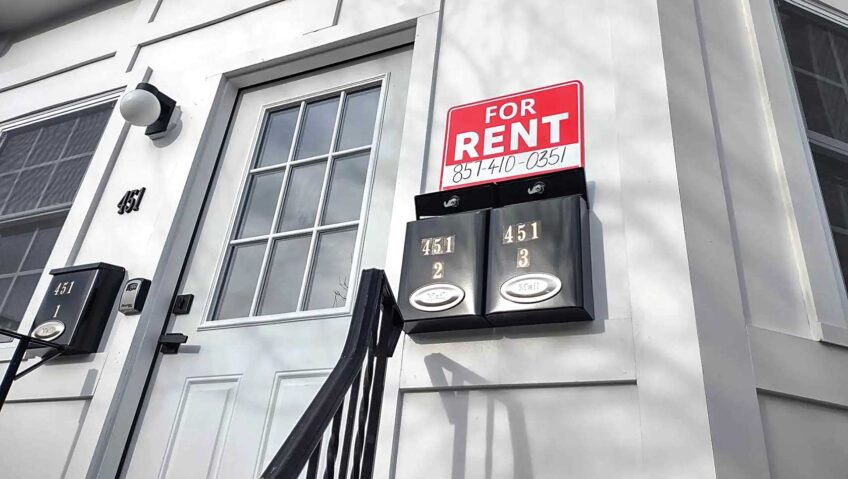
Within months of the Boston Public Schools instituting a new teacher evaluation system in 2013, the Boston Teachers Union pushed back with claims the system produced discriminatory results, with Black teachers more likely to receive unsatisfactory evaluations than their white counterparts.
In 2019, BTU officials released a study conducted by a pair of academics trained in economics and statistics that found that Black, Latino and older teachers were more likely to receive negative performance evaluation ratings.
“Statistical tests demonstrate that older and minority teachers experience a higher probability of receiving negative performance evaluation ratings even when accounting for many other factors which affect performance evaluation ratings, such as teacher’s education, teaching experience, subject area taught, and school level characteristics such as school type and grade level,” the report concluded.
BPS officials are currently investigating allegations that administrators of color have been systematically pushed out of the district’s central office. However, the district has launched no similar investigation into whether teachers of color and older teachers are being discriminated against.
Boston Teachers Union President Jessica Tang would like to see the district investigate whether there is bias in the process.
“It’s not necessarily the tool that’s the problem,” she said. “It’s the way it’s being used. When a person has bias, they might over-evaluate people of color and ignore the failings of white teachers.”
The BTU report noted that the district’s own internal study of its multi-step teacher evaluation system could be influenced by subjective interpretations as well as by conscious and unconscious biases that result in lower evaluation ratings for teachers of color and older teachers.
Asked whether the district has instituted any changes in its evaluation system in response to the BTU report, a BPS spokesperson sent the Banner a statement.
“BPS actively reviews and works to improve and enhance training, support, and resources for evaluators,” the statement reads. “We are committed to conducting a performance-evaluation process for all employees with clarity, support, and accountability, with equity at the center of the process.”
In 2013, after then-BTU President Richard Stutman complained of bias in the evaluation process, the union and BPS entered into a six-year arbitration process that ended in 2019 with a ruling that the district’s evaluation process did not violate the non-discrimination provision of the parties’ collective bargaining agreement.
Tang says the union still has concerns about disparate impacts from the process.
“We’d like demographic data to see who is being brought into investigative meetings and who’s receiving poor evaluations,” she said. “Is that data the same, or has it improved?”
While the question of bias in evaluation remains open, Tang said the district has made positive changes to its hiring practices.
“I think BPS has done a better job recruiting,” she said. “The area where we need to take a closer look is in retention.”
In 2020, the district announced that its total percentage of hires, including teachers and guidance counselors, had reached 54% people of color. While a 1974 desegregation court order mandated that at least 25% of teacher hires be Black and 10% other people of color, the teaching workforce is now 39% people of color, according to BPS.







